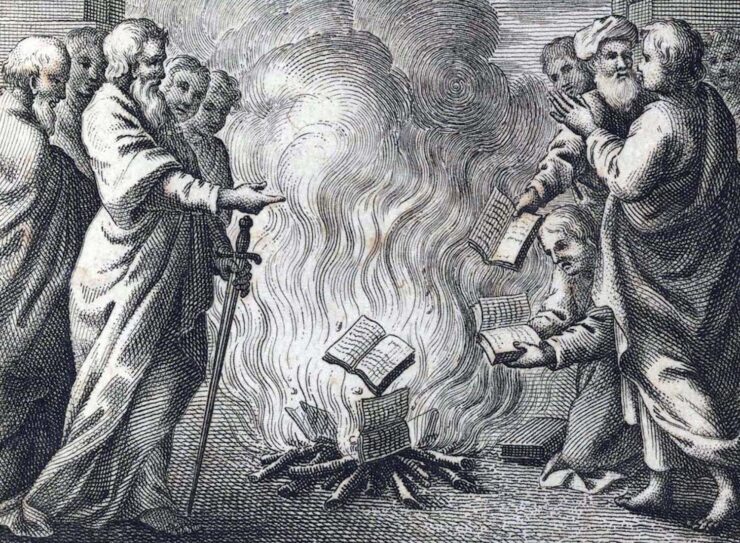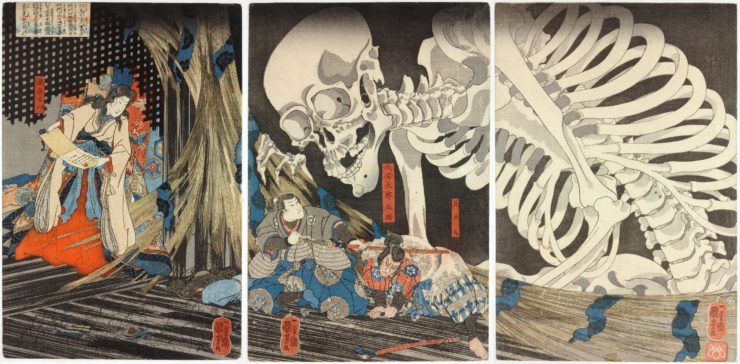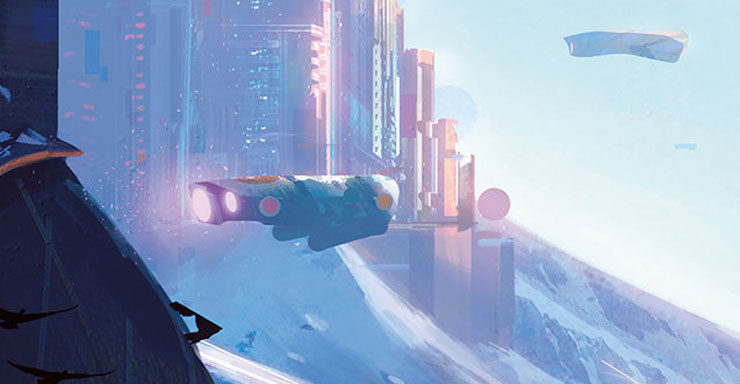Ada Palmer is a novelist and historian. Her internationally award-winning
Terra Ignota series (Tor Books) explores a future of borderless nations and globally commixing populations. She teaches history at the University of Chicago, studying the Renaissance, Enlightenment, heresy, atheism, and forbidden ideas. Forthcoming in 2025 is her nonfiction book,
Inventing the Renaissance: the Myth of a Golden Age (Head of Zeus), and in 2026 her next novel
Hearthfire (Tor Books), the first of a new based on Norse mythology. Her current scholarly project is the book,
Why We Censor, from the Inquisition to the Internet, which uses examples from many times and places to expose patterns in the motives and ideas which make people assent to and support censorship. Along with Cory Doctorow and Adrian Johns, she produced a series of video discussions on
"Censorship and Information Control During Information Revolutions". She is also collaborating with Jo Walton on the co-authored essay collection
Trace Elements: Conversations on the Project of Science Fiction and Fantasy (Tor Books) coming in 2025, and
Children of Abaia, a novel about an exoplanet terraforming mission. She composes music including the Viking mythology cycle
Sundown: Whispers of Ragnarok, and performs with the group Sassafrass, studies anime/manga, especially Osamu Tezuka, post-WWII manga and feminist manga, and consults for anime and manga publishers. She is a columnist for
Strange Horizons, blogs at
ExUrbe.com, and she and Jo Walton have a joint podcast about the craft of writing:
Ex Urbe Ad Astra.







